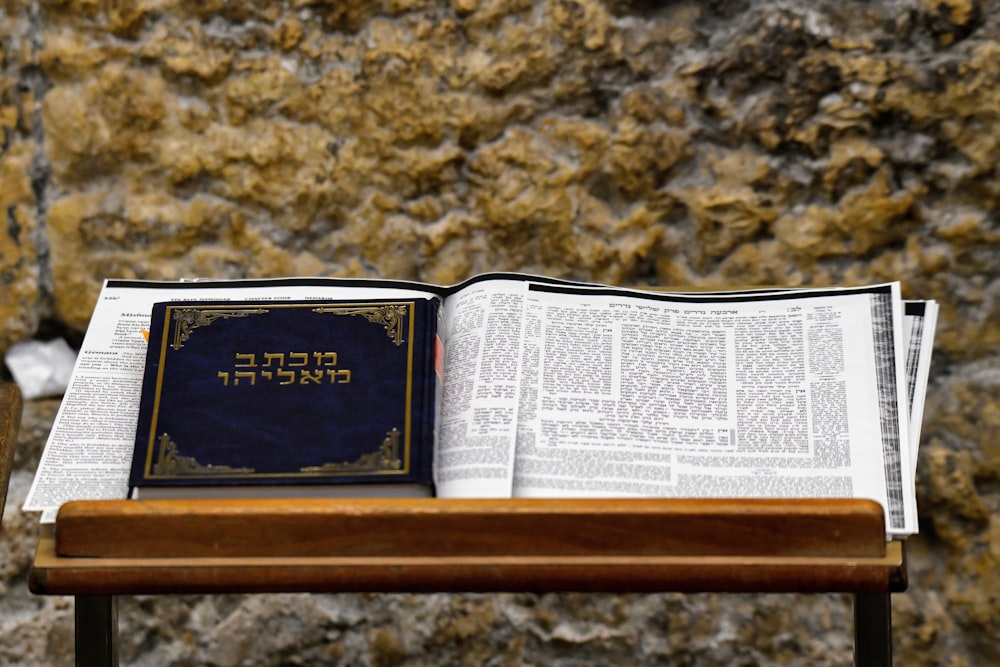This article was first published in French at SOLA.
On May 20-21, SOLA’s women’s ministry is launching its training mission by offering an in-person and online workshop. During our time together, we will be meeting in large group sessions and in small group discussions to discover how to study and teach the book of Psalms. And, as you will discover if you join us, one of the first steps in interpreting a passage is understanding its context. This is true of any literary genre, but when studying poetry in general and the Psalms in particular, we must take into consideration 6 individuals or groups of people by asking the following questions:
1. What did this psalm mean to the author?
Some psalms tell us who the author is. Many do not. Some give us clues in the superscript of what he is going through. Others disclose these details through the poem or song itself. The author may describe a flight from enemies or a pilgrimage to the temple for a feast, or an experience of extreme distress. A careful reading of the text may help us recognize some of these elements of context.
2. What did this psalm mean to the original audience?
The book of Psalms is organized into five books, which take us progressively through the history of the nation of Israel. For example, Book 1 focuses on David’s struggle with his enemies. And Book 5 focuses on the post-exilic nation’s hope in a coming King. Therefore, when we read a psalm, we will better understand its original audience if we interpret it in light of its placement in the book of Psalms. Because not only is each individual psalm inspired, but so was the process by which the Psalter was organized into its final form at the time of Ezra and Nehemiah. And sometimes understanding the placement of a psalm in relation to the psalms before and after the one we are studying will help us recognize its context and themes as well. A good commentary or Bible dictionary may prove helpful in discovering some of these themes and connections. 3. How does this psalm speak of Jesus Christ?
How does this Psalm point to Christ by either direct prophecy or through themes that recur throughout Scripture? For example, many psalms express words that Christ would have prayed to the Father or that we would pray to him. Others express words of praise that highlight his attributes. Through the use of typology, others express David’s flight from his enemies as a type that points both backward to his ancestors and their experience before their enemies and forward to David’s Son who would experience similar opposition. 4. What does this psalm mean to the New Testament authors?
How would the apostles, those who penned the NT have understood this text? Because they were emphatically Christocentric. Did they quote or allude to the psalm I'm studying? Did Christ?
5. What does this psalm mean to me?
Once I have studied a text through these different layers of context, I can then ask myself how it speaks to my present reality as a married woman with two daughters living in Montreal, Quebec. Because God has something to say to me through this word, a message the purpose of which is transformation and not merely information transfer.
6. What did this psalm mean to the Church?
I believe it is essential for us to interpret and apply the Bible in community, especially in the West, where we tend to read the Scriptures individualistically. I should ask myself what a text means not only to me, but to us, Christ’s covenant community. And when I ask myself this question, I should think both of my local church and the church throughout the world and throughout the corridor of time. Because I have lenses through which I view the world, and I have much to learn by taking time to listen to those who have interpreted a psalm in light of their own realities, be they Christians in China facing persecution today or be they 16th-century Reformers defending the truths of Scripture before great opposition.



Comments
Post a Comment